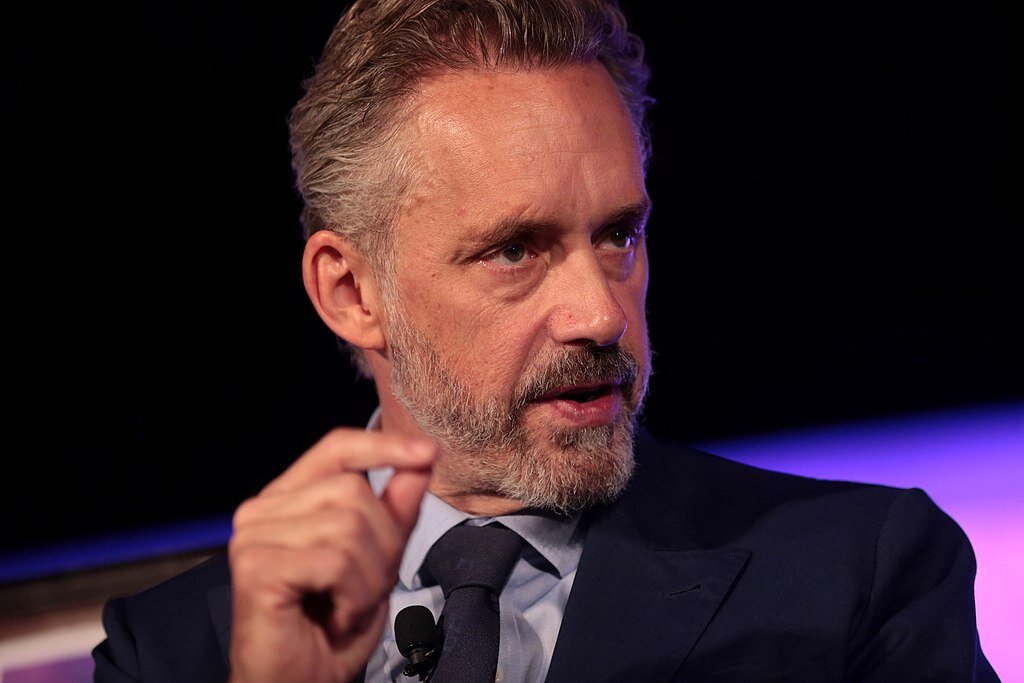
The new year presents a great opportunity to wax philosophical. In that spirit, today I want to share a short, substantive clip in which professor, clinical psychologist, and public intellectual Jordan Peterson addresses the elusive problem of trust. Trust entails some degree of vulnerability. Without some degree of vulnerability, we cannot form the strong connections with others that we need to be happy and live a decent life.
However, if you’ve lived long enough and are wise enough, you also know that the wrong people (and sometimes even the “right people!”) can and will hurt us, intentionally or unintentionally.
Many of us are in the predicament where we know we need to trust some people, but we have a hard time doing so because we do not think enough of them are trustworthy. We have to be selective in choosing whom to trust, no doubt. However, trust, as Peterson argues, always takes courage, because whenever we choose to trust anyone, we open ourselves up to being hurt.
Check out the fascinating clip and transcript below, in which Peterson articulately breaks down trust, naivete, cynicism, and courage.
Put no trust in a neighbor; have no confidence in a friend; guard the doors of your mouth from her who lies in your arms; for the son treats the father with contempt, the daughter rises up against her mother,the daughter-in-law against her mother-in-law; a man’s enemies are the men of his own house.
Micah 7:5-6
For more, see How To Stop Looking At Porn The Simple Way (Jordan Peterson). You can also visit the complete archive of articles on integrity.
Transcript
People who trust are naïve. And naïve is not a virtue, it’s a fault. It’s partly a fault because if you’re naïve, and if you run into someone who’s malevolent–including you–they may do you incalculable damage, so that you may never recover. So that’s not a good thing, you don’t want to be naïve.
If you’re not naïve, that means you’ve been burned once or twice or three or four times. You know, once you’ve been burned in that manner, then it’s hard to trust, because you think, “Why would I trust you–or me, for that matter–knowing full well that I can be betrayed?
And so then you’re cynical, and you think that’s an improvement over being naïve. You’re more mature, [more] cynical than you are naïve, even if it’s premature. It’s often premature in young people.
OK, so how do you get out of that conundrum? This is the crucial thing to note. You trust people because you’re courageous. That’s why. It’s the same reason that you’re grateful.

